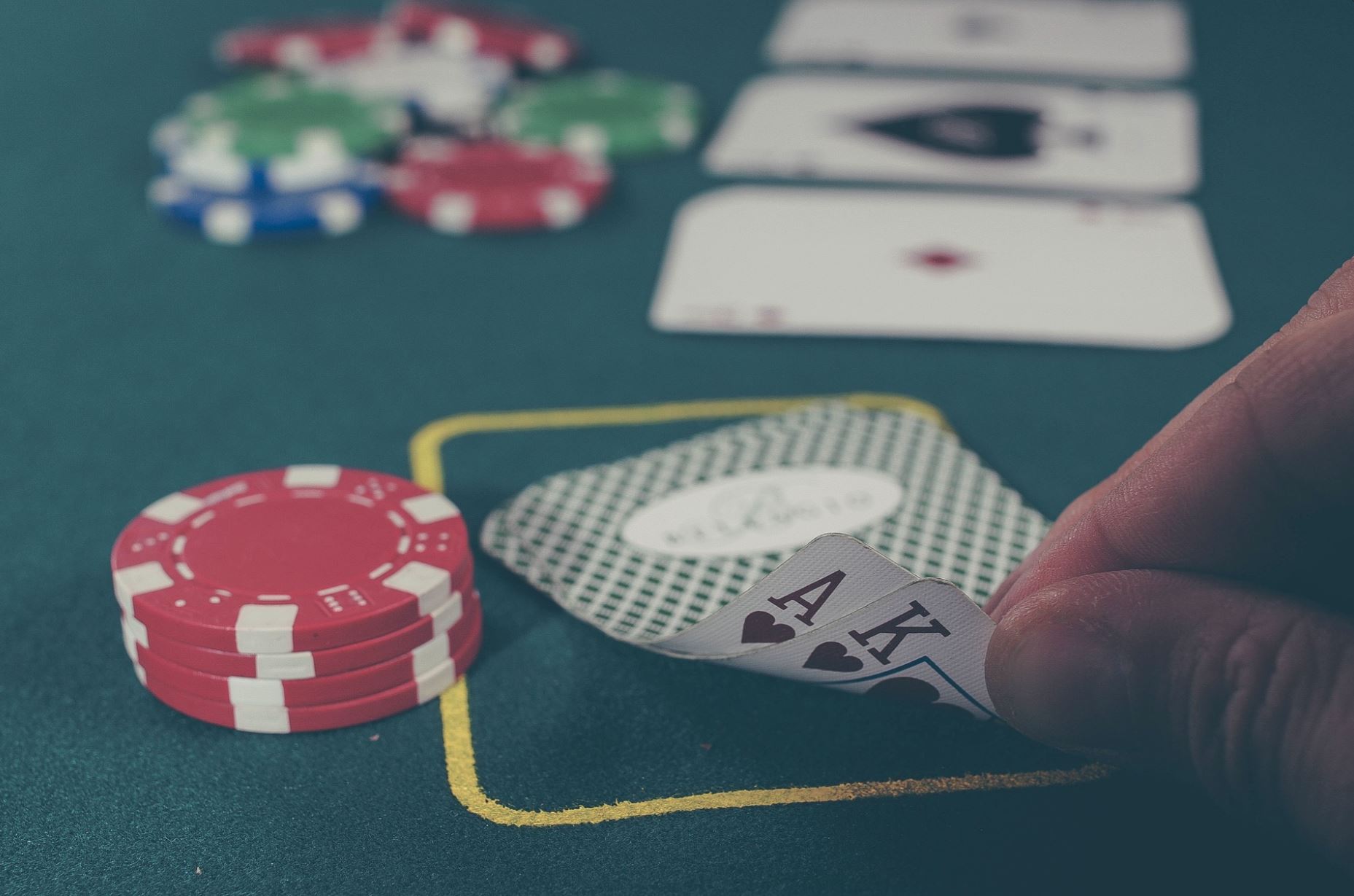
Australians who believe their lives are subject to uncontrollable external forces are more likely to become problem gamblers than those who directly link their actions with tangible results, according to a Flinders University study.
‘Locus of control’ is a psychological term that captures people’s belief about the nature of the relationship between their own behaviour and consequences.
People with a strong ‘internal locus of control’ believe events in their lives happen because of their own actions while those with a strong ‘external locus of control’ tend to blame external factors.
Using data from the Household Income and Labour Dynamics survey in Australia (HILDA), researchers at Flinders analysed whether these personality characteristics impact gambling habits, as published in Journal of Economic Behavior & Organization.
Dr Rong Zhu, from the College of Business, Government and Law, says Australians who believe life is controlled by outside factors which they can’t influence, or that fate controls their circumstances, were found to be more likely to become problem gamblers.
“Based on the data analysed, they are usually young single men, more likely to be without partners, typically have lower household income and are more likely to reside in major cities.”
The survey included Australians who engaged in 10 types of gambling within a month- including instant scratchies, bingo, lotto, private betting, poker, poker machines, dog races, sports betting and at casino table’s.
“We found that extroverted men are more likely to participate in gambling. It may be an indication that they participate to seek excitement,” says Dr Zhu.

“An explanation is that these people consider gambling as an enjoyable activity and enjoy applying their intelligence in situations involving uncertainty and risk, whilst caring less about unfavourable odds.”
“Male gamblers with stronger internal locus of control are more likely to engage in skill-and-chance games, in which players’ skills may increase their chance of winning.”
The data results also showed problem gamblers were more likely to have lower emotional stability when compared to the average Australian, while traits like higher conscientiousness and openness to new experiences reduce the likelihood of becoming a problem gambler.
“Around 70% of Australians participated in some form of gambling when the latest data was collected in 2009. It’s estimated the number of problem gamblers is around 115,000, with an additional 280,000 people at moderate risk.”
Dr Zhu says socio- economic factors also impact the likelihood of becoming a gambling addict.
“The average annual household income of gamblers is about $91,970, lower than that of their non-gambling counterparts at $101,730.”
“Interestingly, a larger family size is associated with a lower propensity to be a gambler for both genders, which probably means those with children are less likely to engage in gambling. Married men are also less likely when compared to their unmarried counterparts.”
Dr Zhu says the study shows governments should focus future policy on interventions which improve self-control mechanisms of school aged children, who develop these characteristics early in life.

